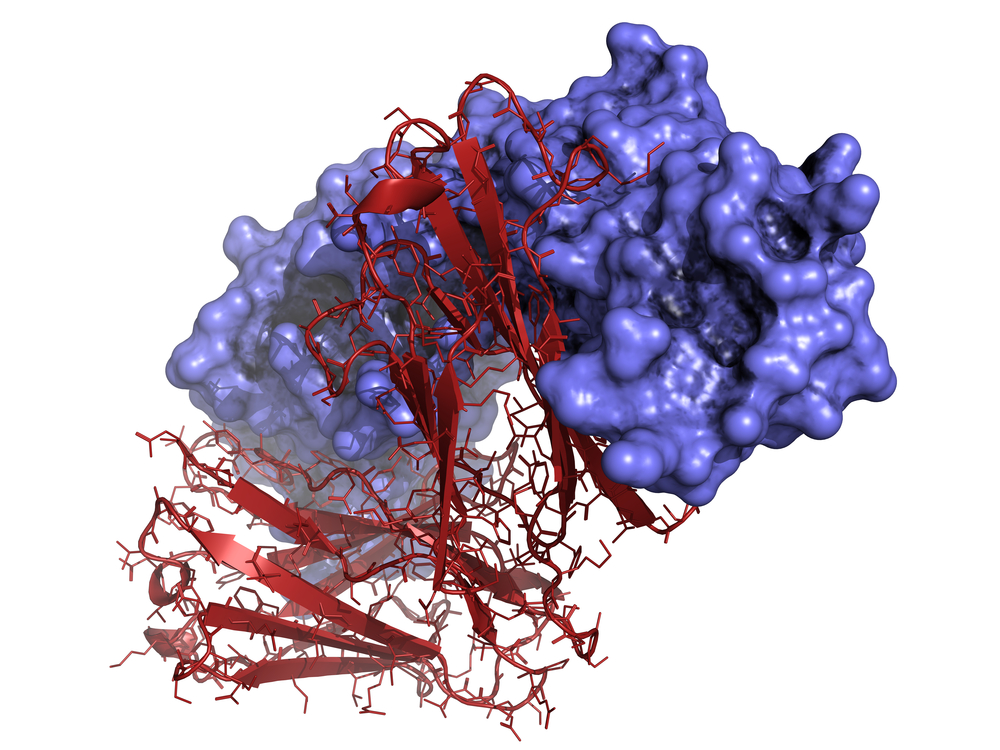Researchers from the  Cancer Center recently defined a new subtype of deadly prostate cancer that is characterized by loss of the MAP3K7 and CHD1 genes. According to the study findings, about 50% of men with prostate cancer that have the combined gene deletions will present persistent prostate cancer. Approximately 10% of all prostate cancer have this combination. The study titled “Coordinate Loss of MAP3K7 and CHD1Promotes Aggressive Prostate Cancer” is published in the journal Cancer Research.
Cancer Center recently defined a new subtype of deadly prostate cancer that is characterized by loss of the MAP3K7 and CHD1 genes. According to the study findings, about 50% of men with prostate cancer that have the combined gene deletions will present persistent prostate cancer. Approximately 10% of all prostate cancer have this combination. The study titled “Coordinate Loss of MAP3K7 and CHD1Promotes Aggressive Prostate Cancer” is published in the journal Cancer Research.
“This was a multi-disciplinary study by multiple investigators at multiple institutions showing a particularly aggressive type of prostate cancer that kills people,” said Scott Cramer, PhD, investigator at the CU Cancer Center, professor in the CU School of Medicine Department of Pharmacology, and the paper’s senior author in a recent news release.
Lindsey Rodrigues, PhD, James Costello, PhD, and Scott Cramer, PhD from the University of Colorado began their research observing slow-growing and less dangerous, whereas others tend to be fast-growing and dangerous prostate cancers. Then the researchers questioned if the difference between the two types of prostate cancer would be due to genetic differences.
They analyzed tumor samples from public databases and found that MAP3K7-CHD1 deletions were a specific to aggressive type cancer, accounting for 25% of deaths related to prostate cancer (nearly 7,500 men each year).
The researchers then implanted artificial prostate tumors in mice with these gene deletions derived from a stem-cell model. “This is a unique model,” Cramer said in the news release. “We grow mouse prostate stem cells in culture in which we’ve knocked down these two genes. Then we combine these engineered stem cells with prostate cells to make artificial prostates and graft them into our mouse models. This allows us to prospectively watch the growth of prostates to see the effects of these specific genetic changes.”
The results showed that mice developed an aggressive prostate cancer subtype similar to the ones the researchers observed in humans. These gene deletions disrupted the capacity of prostate stem cells to generate healthy prostate tissue, and conversely generated tumor cells with features of “neuroendocrine and neural” cells.
“The goal now is to discover ways to target these lethal prostate cancer cells,” Cramer said. This involves a “synthetic lethal” screening that examines drug candidates against cells with deletions in MAP3K7-CDH1 genes in order to select drug agents that kill these cells.
“It might make the difference between choosing to wait and watch a prostate cancer, versus treating it more aggressively,” Cramer concluded. The model of stem-cell that was used in their research may be used in future work.

